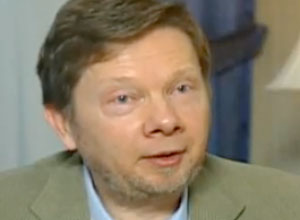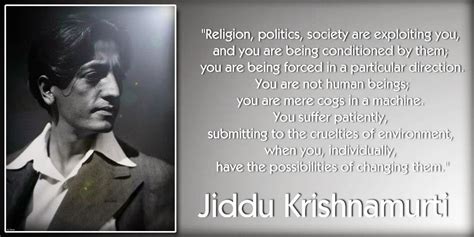|
home | what's new | other sites | contact | about |
||
|
Word Gems exploring self-realization, sacred personhood, and full humanity
Cultism psychologists speak of the 'hidden slavishness'
There's an underlying proclivity, what psychologist Ferenczi called the "hidden slavishness." You'll want to read about this in Dr. Ernest Becker's "The Denial Of Death":
the compulsive neurosis, the hidden desire to merge with power figures Sándor Ferenczi, a Hungarian psychoanalyst and colleague of Freud, in 1909 wonderfully explained the underpinnings of hypnosis. He "pointed out how important it was for the hypnotist to be an imposing person, of high social rank, with a self-confident manner. When he gave his commands the patient would sometimes go under as if struck by coup de foudre ["stroke of lightning"]. There was nothing to do but obey, as by his imposing, authoritarian figure the hypnotist took the place of the parents... The explanation of the ease of hypnosis, said Ferenczi, is that, 'In our innermost soul we are still [spiritually unconscious] children, and we remain so throughout life.'"
the secret compulsion to merge with power-figures Ferenczi saw that the hypnotist convinces people to hypnotize themselves via the secret compulsion to merge with power-figures. But this “hidden slavishness” is active in a field much wider than that of classical hypnosis. The “hidden slavishness” also sends people on a journey to merge with all sorts of external power-figures; anything that will bolster the “Needy Little Me.” Dr. Ernest Becker: "Man could strut and boast all he wanted [trying to deny his fear of death and the inner neediness], but he really drew his 'courage to be' from [the things he identified with,] a god, a string of sexual conquests, a Big Brother, a flag, the proletariat, the fetish of money, and the size of a bank balance."
The distillation of Tolle's advice becomes: You have to find yourself, your true self, before you'll be able to find your eternal mate.
the essence of cultism defined once again It’s not just about drinking the kool-aid, the problem is much deeper, more widespread, and closer to home. Cultism is about “pruning and paring,” about "crafting and sculpting" a view of life and reality. Only you have the right to create your own future and your part in it. However, when this principle is breached, the cult-leader will make claims that s/he alone has the “one true” interpretation of reality, to “systematize and control” all of life’s threats, the ability to offer a doorway to utopia; such assertions, of course, are patently bogus. The cult-follower agrees, or is led to believe, that some external authority-figure is “the answer,” embodies a divine agency, is endowed with super-human ability to “fashion and shape,” to “pattern and order,” the vicissitudes of life and the universe, offering stability and safety; these conclusions, too, are illusion, as no one can sell you a “bag of magic beans” or a “get out of jail free” card. one cannot arrogate to oneself authority over another, nor grant license to another, in one's stead, concerning building a good life, a safe future, and the evolving of oneself into a mature son or daughter of God Some things we are not allowed to delegate away. In fact, there’s an entire unpleasant, albeit temporary, world on the other side, a place of “detention” and “time out,” specifically designed to sit people down and require them think about their lives, and what they want to do next. They themselves, by themselves, have to do this. That this “duty that cannot be delegated away” is the apostle Paul’s point exactly in Galatians chapter six.
we must access and live from the "true self"; no one can do this for us; and until we do, we will be blinded to the ways of lasting success and happiness; suggesting that a "strong father figure" can save us from an existential requirement of self-determination is one more definition of cultism
|
||
|
|


